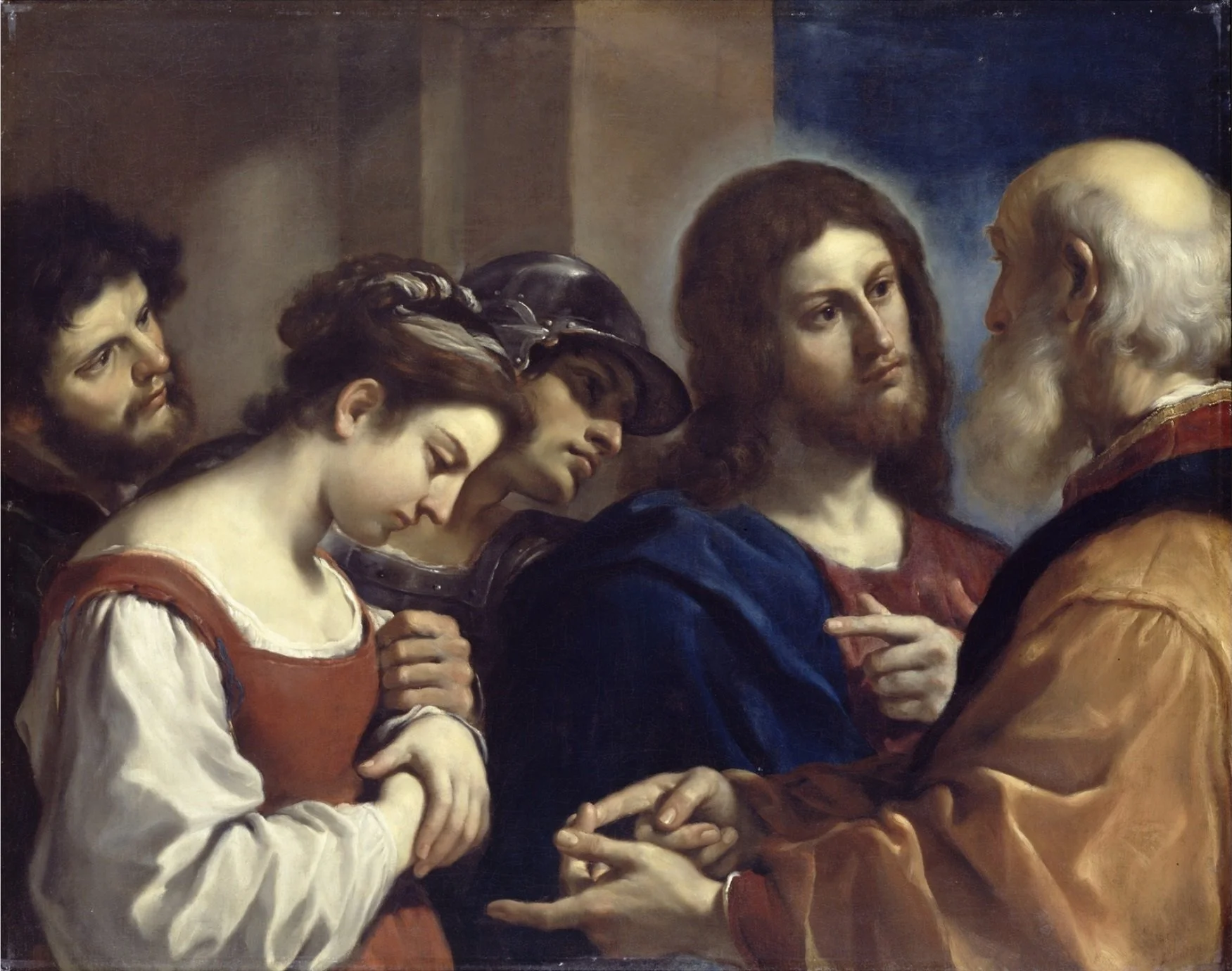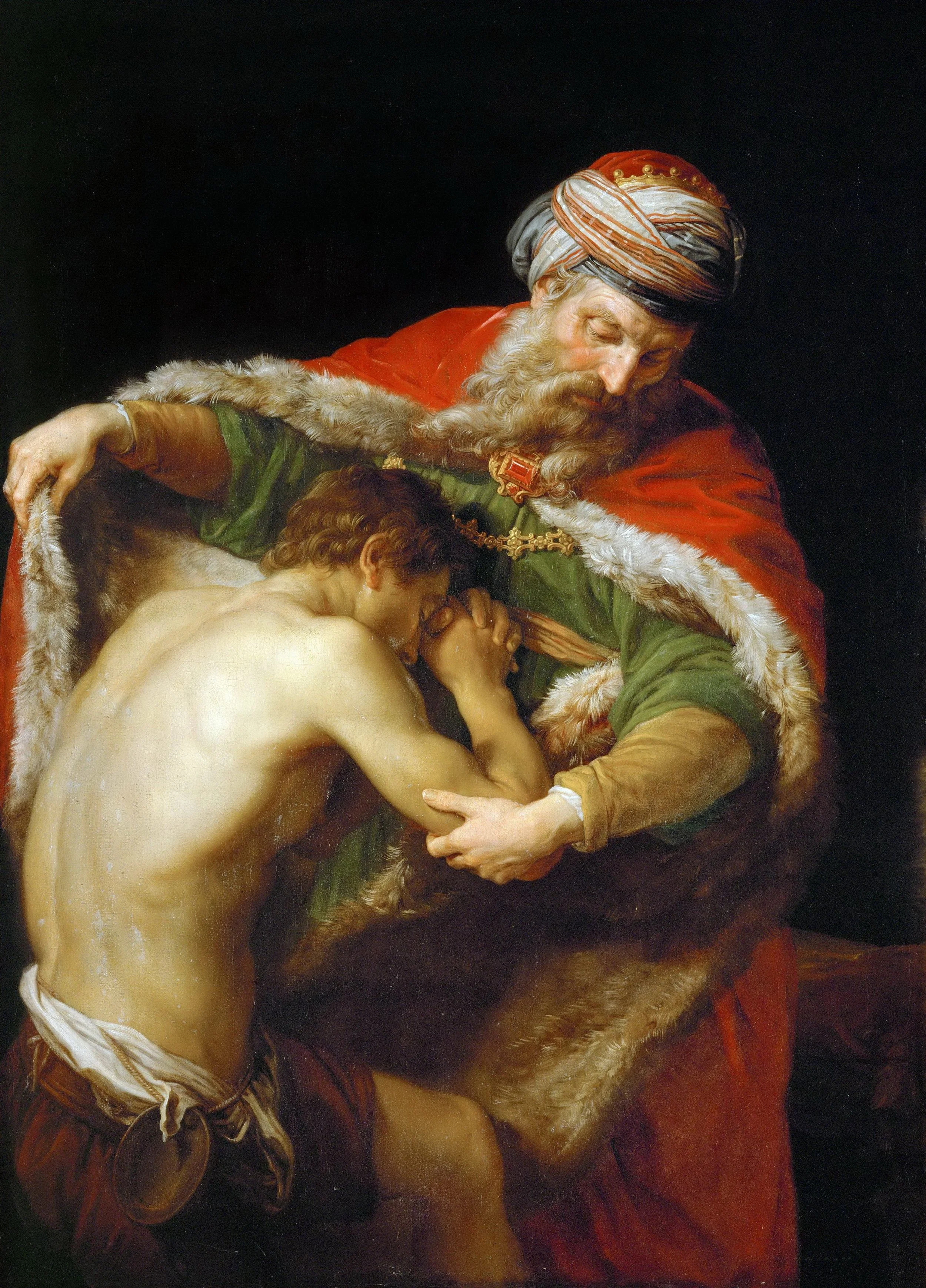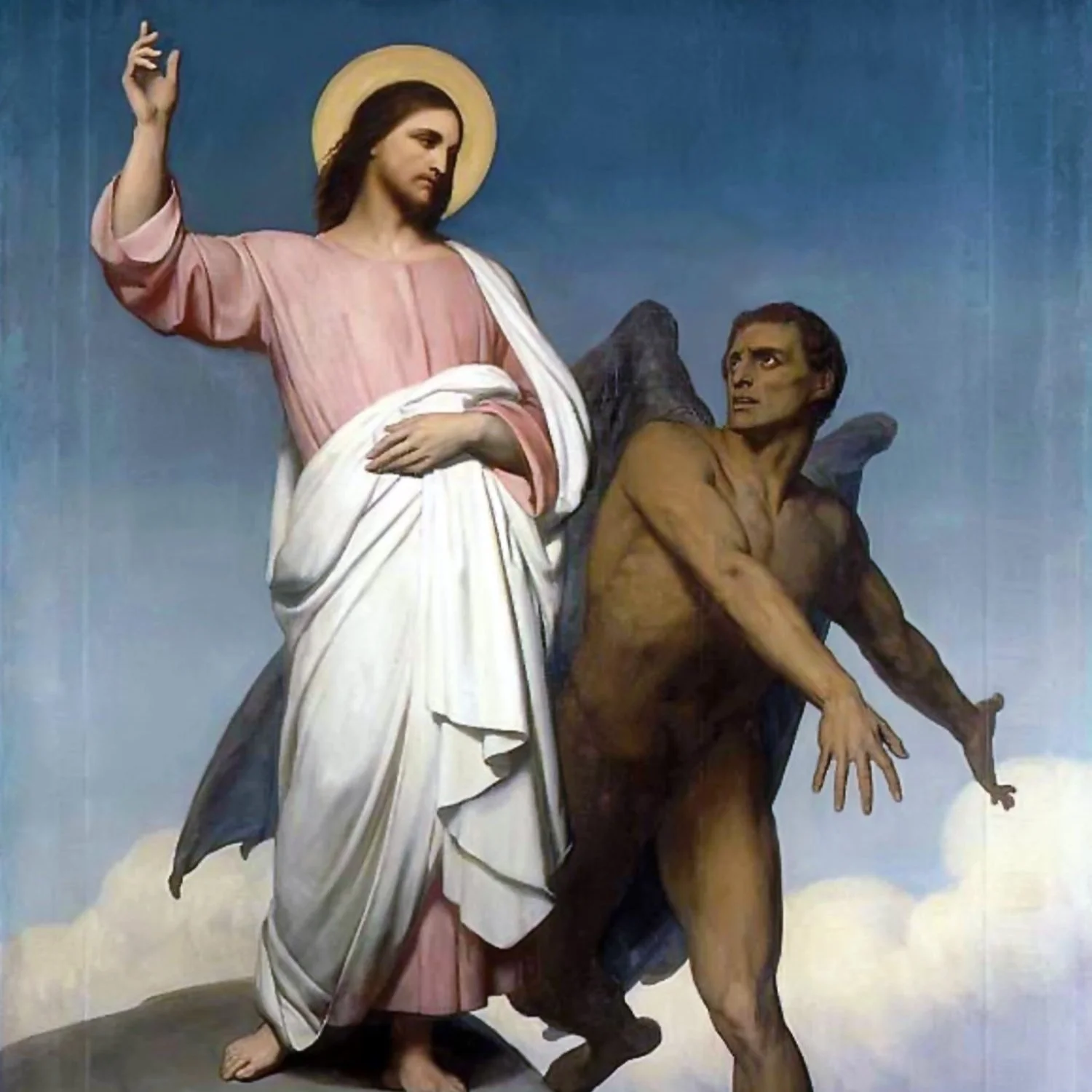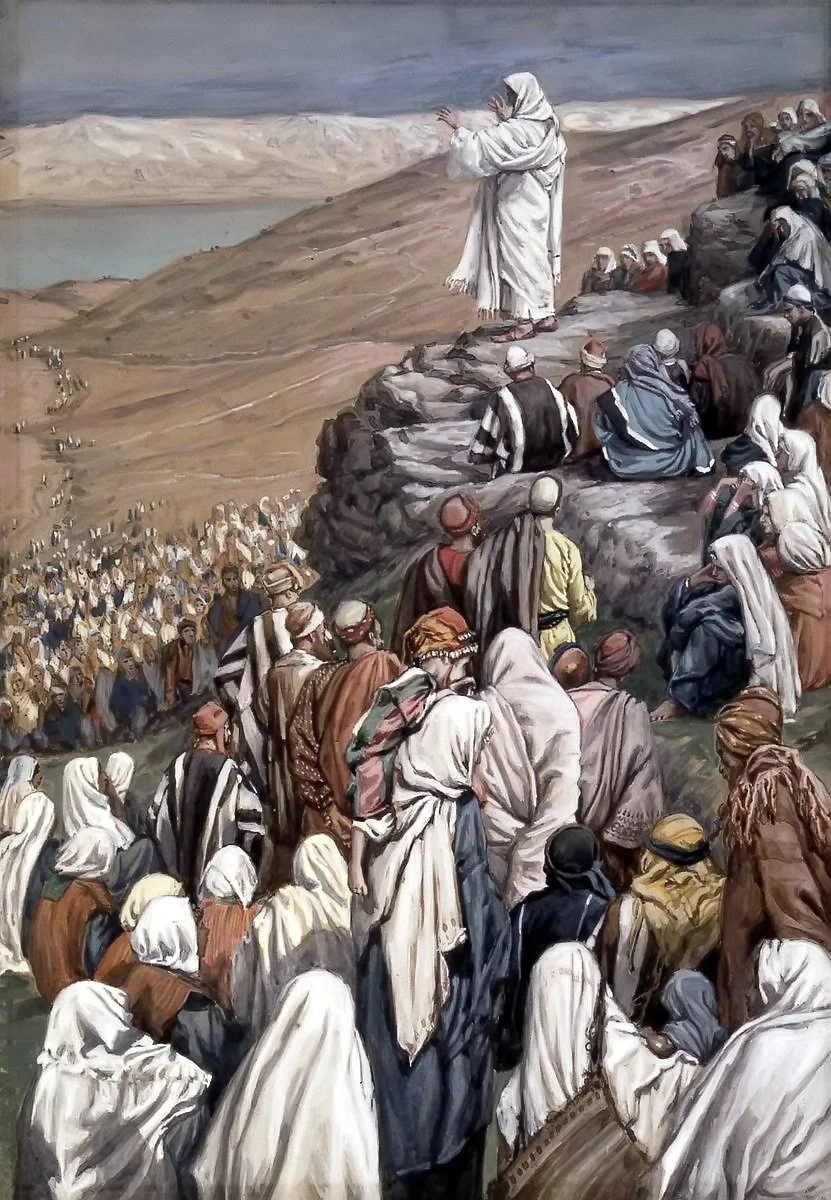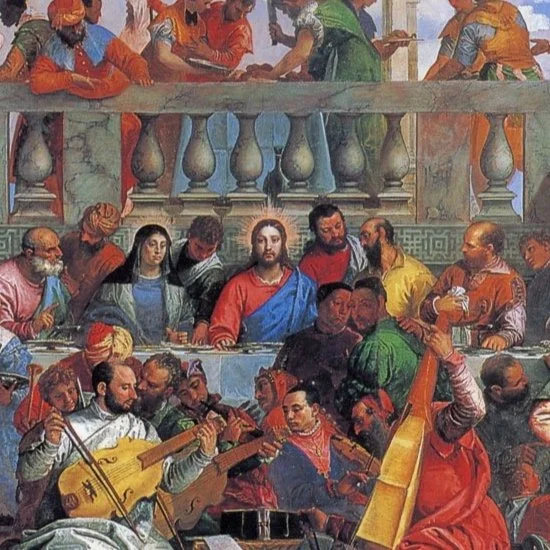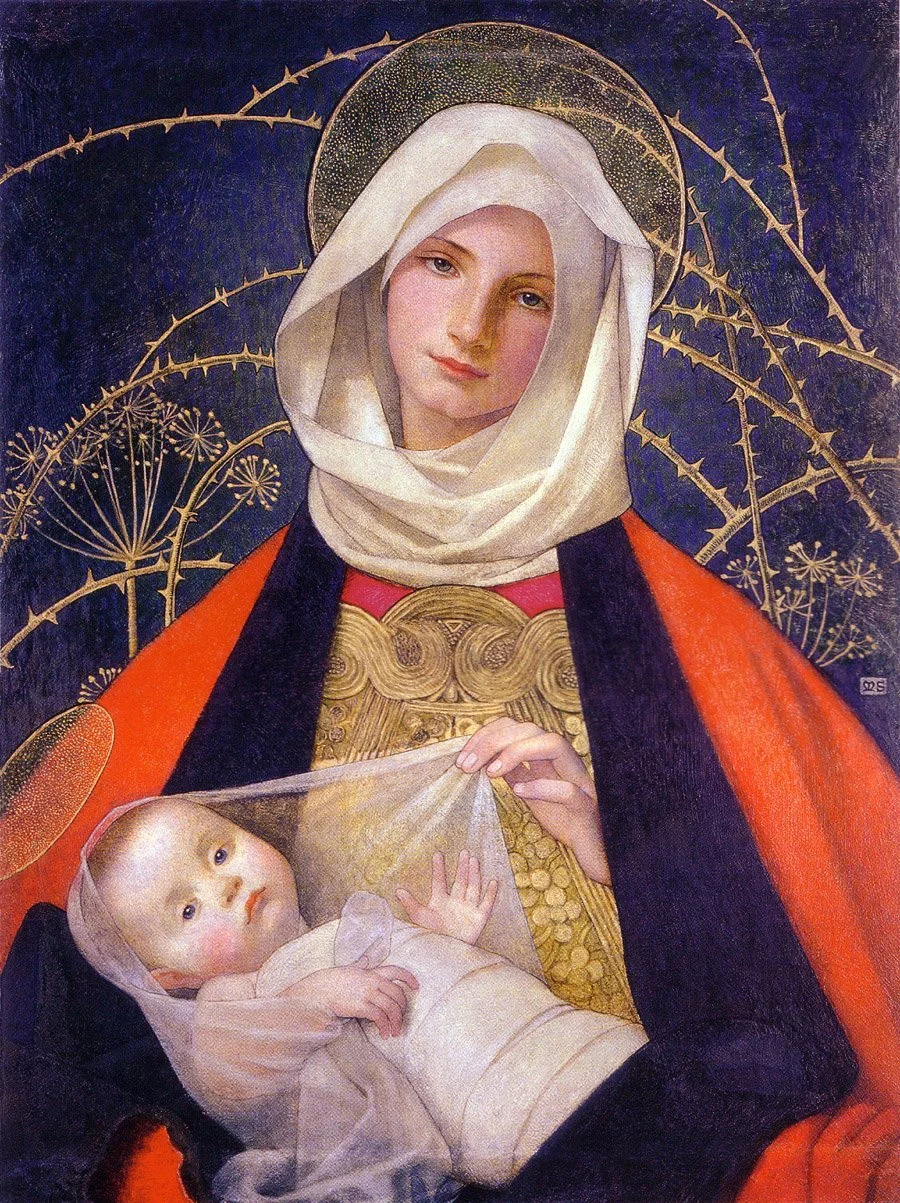Fifth Sunday of Easter
/Dominica V Paschae C
15 May 2022
As a priest I have had many opportunities to be with people who are near death due to terminal illness or very advanced age. The knowledge that your life is near its end is at once sobering and clarifying. Knowledge that death is approaching helps put things in perspective. It helps clarify what is most important; what a person most wants to be known for; the legacy a person wants to leave behind.
Jesus faced this very situation in the gospel selection of this Mass. Today’s gospel from St. John comes from the chapters describing the Lord’s Last Supper with his apostles. Jesus knew his earthly life was near its end. In fact, he told his apostles he earnestly desired to celebrate this final Passover with them and that he would not celebrate it again until he had entered his Kingdom. In the course of that meal where Jesus gave us the gift of his Body and Blood the Lord was in his final hours of life on earth, preparing for his departure through death, and for his glorification in resurrection.
In his final words to his apostles Jesus gives them a new commandment: love one another. Jesus determines that the command to love one another is the most critical topic he must address in his final hours of earthly life. Given the dramatic scene of being near the point of his departure, we can say that it is critically important that we accept those words from the Lord. And his call is not to some generic, undefined love. Rather he says, “As I have loved you, so you also should love one another.” His apostles would understand what that command requires when in hours of having spoken those words they would see Jesus love them to the end and lay down his life for them even though their betrayal and denial did not deserve that type of love. This is the pattern of Jesus’ own love. This is the pattern Jesus calls them to model. They are to love one another in the laying-down-your-life kind of love that Jesus models.
Through the gospel Jesus is imparting to us the same legacy, the same critical lesson. What’s more, in following his style of love, Jesus says people will know that we are his disciples. Do we think people will know we are disciples because they see us walking into or out of church on the weekends? Do we think that people will know we are disciples because we identify ourselves as Christians? Do we think people will know we are disciples because we have a crucifix or some religious symbol somewhere? Jesus says people will know we are disciples if we have love for one another – the type of love he modeled.
The word “disciple” refers to a student or a learner. For followers of the Lord, being a student or a learner is no mere academic pursuit, or something that exists only in the mind. To believe and to be a believer certainly involves an intellectual assent of the mind to the truths God reveals. But it would be a mistake to think being a disciple is shown only by an assent of the mind. One can believe something in the mind while not letting that belief impact choices, the way one lives. We hear these dichotomies a lot, don’t we? It is popular for many a person to indicate they believe things about God and faith but to never do anything about it. I have met people who believe and who share Christian faith sincerely, but who have never been baptized. Yet, the Scriptures are very clear that faith and baptism are how one enters life in Christ and becomes a Christian. We all know people who make the distinction saying they are spiritual but not religious, they believe but resist being part of the Church. But Jesus says, people will know you are my disciples if you love one another. I can tolerate a whole lot of people I never have to interact with… you can say the same, right? But for Jesus to command “love one another” immediately takes discipleship out of a “me and my personal Lord and Savior” category and places it in a communal arena. If you love one another people will know you are my disciples.
There is no doubt that being a disciple of the Lord means that we make an intellectual assent to his teachings. But the Lord won’t let us get away with that alone. Speaking these words at the Last Supper, the Lord will put that love into action the very next day on the Cross. We often point to the heart as being the center of what drives us and our actions, our will. We learn in this Gospel passage that keeping the Lord in the realm of the mind and head belief is not enough. To be sure, our mind must conform to the Lord’s teachings. But our actions, our will, is also critical for showing that we are disciples, students, learners of our Master. This is how the Lord says people will know we are his disciples: if we love one another. A belief put into action is what the Scriptures call us to. May our correct belief of the mind be visible also in our actions. In this way our belief changes us and becomes a light to others so that they might join us in becoming students in the Church, this school of the Lord’s service.




